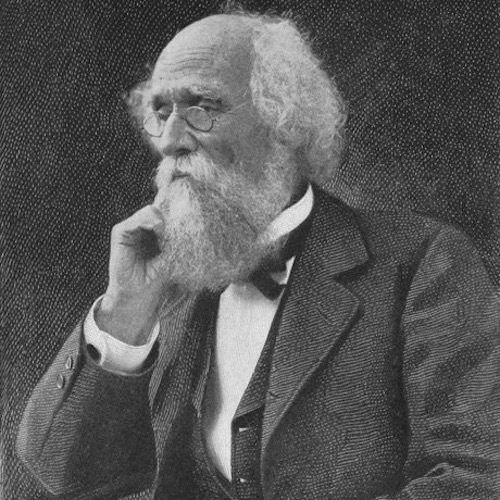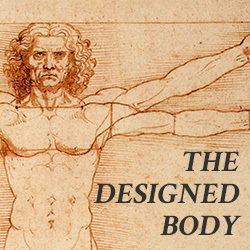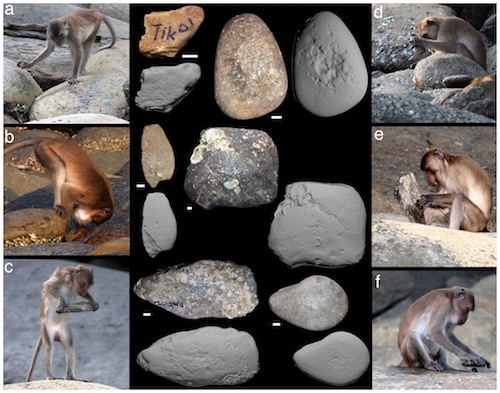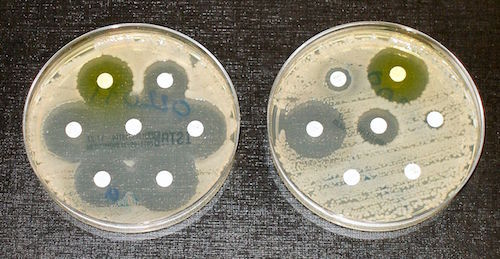Discovery Institute's Blog, page 61
June 14, 2016
Having a BLAST: The Torley Saga, Cont.
There has been an ongoing discussion between Dr. Vincent Torley, a philosopher writing at Uncommon Descent, and myself on the subject of pseudogenes, synteny, and common descent. These are technical terms and the arguments may seem abstruse, but the topic is important because of its implications.
Those who hold to common ancestry accept that, at the very least, each major group of animals is descended from a common ancestor, and some hold that the common ancestry goes all the way back to th...
Defects on Purpose Make Butterfly Wings Shine

Illustra Media's film Metamorphosis: The Beauty and Design of Butterflies showcased many dazzling butterfly wings, but didn't have time to discuss the secrets behind those colors. Scientists have long identified the source of the colors as not coming from pigments, but from light interference patterns at the nanoscale. A regularly repeating 3-D structure called a "photonic crystal" reinforces some colors and interferes with others. That's how the dazzling blue of a Morpho butterfly is produc...
June 13, 2016
Intelligent Design Is a Protest Movement Against Homogenized Thought
Watch this parody of a TED talk. It's very funny, and true, but also suggests a more serious point.
Many TED talks are, of course, quite good and we've highlighted more than a few here in the past. But in a sense, when you've seen one, you've seen them all. There's a kind of stereotyped routine or patter to them that is startlingly invariant from Talk to Talk.
The homogenized gestures and way of speaking suggest homogenized thought, and this too is largely borne out. Whether in TED talks o...
Is Genome Grammar Just a Figure of Speech?
Without controversy, everyone knows texts written by human beings are intelligently designed, unless they are ramblings from a maniac. Human language is characterized by syntax (rules of word order) and grammar (rules of spelling, part of speech, case, person, number, voice, tense, mood, etc.). But that's not enough. One can follow the rules and make up nonsense sentences, such as "Banana voices improve inspirational aardvark submarines." For effective communication, language must also make...
June 12, 2016
Why Should Evolutionary Biology Be So Different?

Author's note: The following is excerpted from Chapter 2 of my new book Christianity for Doubters. An earlier version was published at Evolution News. As the books title indicates, much of this book is explicitly theological, but the first two chapters are about intelligent design, not theology. In the Preface, I write: "Of course, you do not have to believe anything in Chapters 3-6 of this book or anything in the Bible to believe in intelligent design.... In fact, some intelligent design ad...
June 11, 2016
Liver Function and Its Effects

Editor's note: Physicians have a special place among the thinkers who have elaborated the argument for intelligent design. Perhaps that's because, more than evolutionary biologists, they are familiar with the challenges of maintaining a functioning complex system, the human body. With that in mind, Evolution News is delighted to offer this series, "The Designed Body." For the complete series, see here. Dr. Glicksman practices palliative medicine for a hospice organization.

Tim (not his real...
June 10, 2016
Richard Dawkins's Publisher Has a Cute Idea, but Biomorphs Appeal More as Nostalgia than Science

Someone clever at the publisher Penguin had a nifty idea: reissue three titles by Richard Dawkins, each decorated uniquely with an adorable Dawkins biomorph. From New Scientist:
First let loose upon the public at the inaugural Artificial Life conference at Los Alamos in New Mexico in 1987, these revolutionary computer-based critters, which variously took the form of waves, shells and insects, were some of the first, and certainly the most influential digital demonstrations of evolution in ac...
Monkeys Do Not Have a "Stone Age" Culture

It is amazing how some in the sciences are so desperate to knock humans off the pedestal of exceptionalism. Ironically, a primary manner in which they seek to do this is by demonstrating how animals are like us -- indirectly admitting our special status.
Latest example? Monkeys supposedly have a "stone age culture" because some have used tools made of durable natural materials. From "Monkey 'Archeology' Reveals Macaque's Own Stone Age Culture," in New Scientist:
The world's first archaeology...
Vincent Torley Thinks I Have Egg on My Face
Well, I must say I didn't expect to be honored by a 7500-word broadside by philosopher Dr. Vincent Torley, assisted by Dr. Josh Swamidass, Assistant Professor at Washington University. I guess they must have a lot of spare time. The reason for the post at Uncommon Descent? Both hold common descent to be absolutely, incontrovertibly, obviously true, and they apparently wish I would fall into line and stop embarrassing them by doubting common descent. They wish I would give up my "peculiar kin...
June 9, 2016
With Superbug's Arrival, Evolutionists Have a Mascot

With the debut of an antibiotic-resistant "superbug" in the U.S., scientists and citizens have an alarming problem on their hands. Evolutionists, on the other, have a mascot. On a new episode of ID Inquiry, biologist Ann Gauger responds to a question from a reader: Doesn't the bug's very existence prove that evolution is a "fact"?
Dr. Gauger talks with the Center for Science & Culture's Robert Crowther about whether E. coli bacteria resistant to colistin, the antibiotic of last resort, may...
Discovery Institute's Blog
- Discovery Institute's profile
- 15 followers






